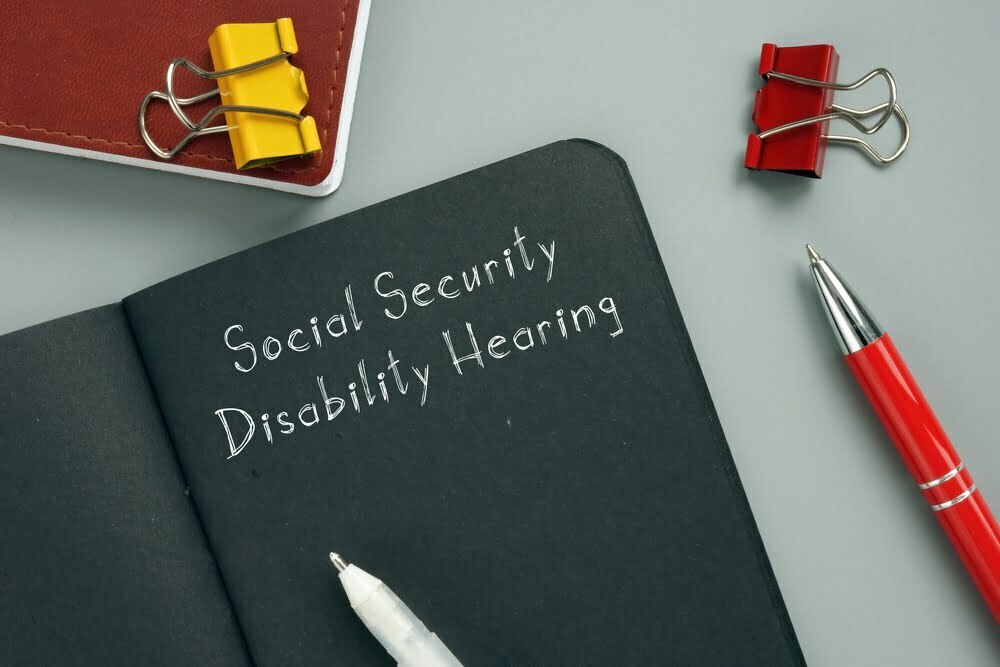I would like to give you some of the tips I use in preparing my clients for their Social Security hearings in front of Administrative Law Judges (“ALJs”). In Social Security hearings, the claimant does most of the talking, not the lawyer. It is very unlike any court room drama you may have seen on television.
- Dress appropriately. For further details on how to dress, see my previous blog entry on how to dress for your Social Security disability hearing.
- Do not answer a question unless you understand it completely. When answering questions, make sure you understand what is asked. Sometimes judges (and lawyers as well) do not ask questions clearly. It is perfectly fine to ask the judge to repeat the question or to rephrase it.
- Look at the judge when answering the questions. The judge is trying to determine the answers to two questions: 1) Are you telling the truth? And, 2) Are you disabled? The judge will look carefully at how you are answering the questions in order to determine your credibility. Answer clearly and look directly in the judge’s eyes when answering. Even if using an interpreter, look at the judge when answering.
- Speak clearly in a loud enough voice to be heard at the other end of the room. There are microphones in the hearing room but they are not there to make your voice louder; they are used for the recording of the hearing. In order for the judge to hear you, you need to speak a little louder than you would in a normal conversation. Also, because the hearing is recorded, it is best to speak louder so that a good recording is made. If you need to appeal the case later, the recording will be turned into a written transcript. You want to be sure that the transcriber can hear you so that it is known what you said.
- Completely describe the body part that hurts or is in pain. Because your hearing is recorded, you cannot say, “It hurts here.” Although obvious during the hearing where “here” may be if you are pointing at it, it is not obvious later when reading the transcript. Be sure to specify that your left shoulder hurts or you have right leg pain that extends from your knee down to your toes. Sometimes a lawyer or a judge will make the record clear by stating what you are pointing to but in case you are not represented, you will need to specify this yourself.
- Be polite, but firm. You should show respect to the ALJ by being polite, but remember this is also your day in court that you have waited two years for. If you are in the middle of answering a question and the Judge cuts you off in mid-sentence, it is perfectly fine to say, “Excuse me, your honor I would like to finish my sentence.” Certainly there are time limitations, but if you are in the middle of something that you think is crucial to your case, you certainly have a right to finish your thoughts.
I cannot guarantee you will win at your hearing with my tips but at least you will be better prepared. Good luck!





